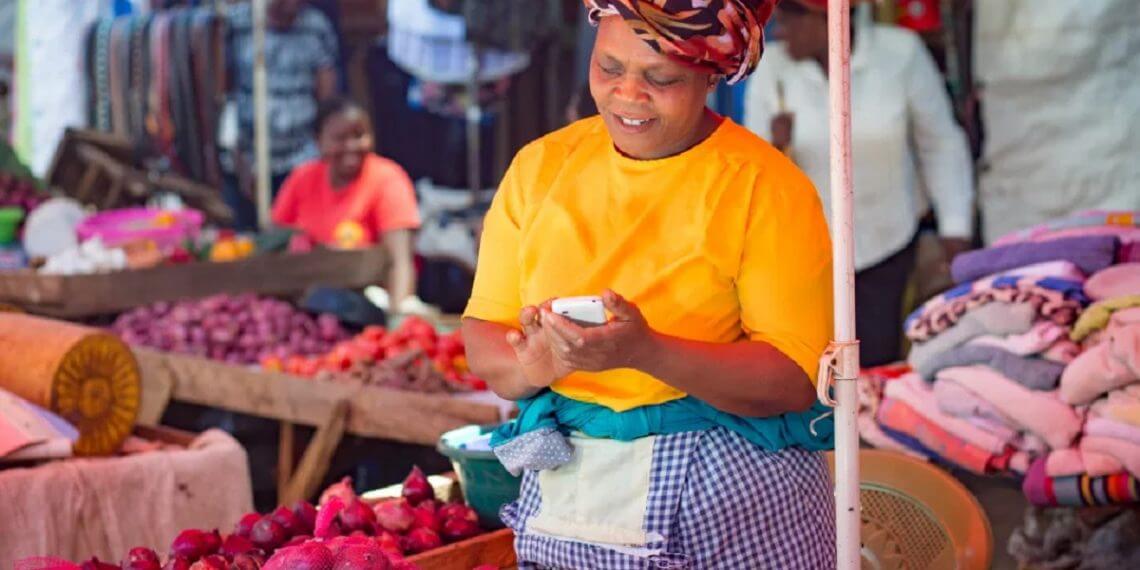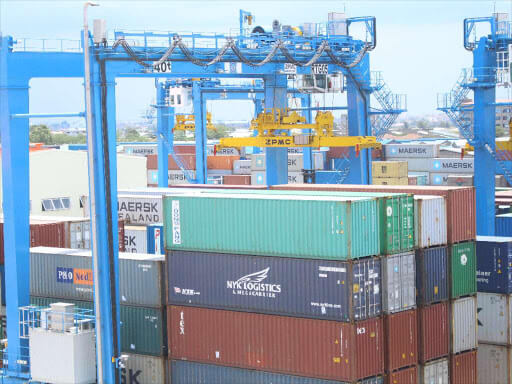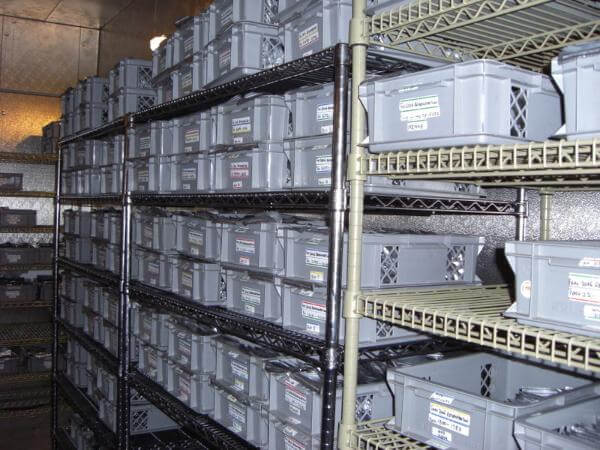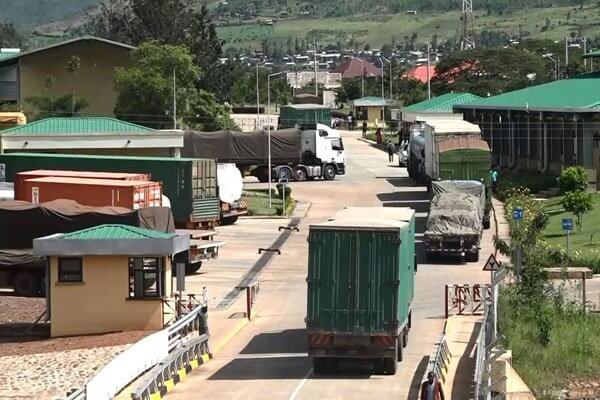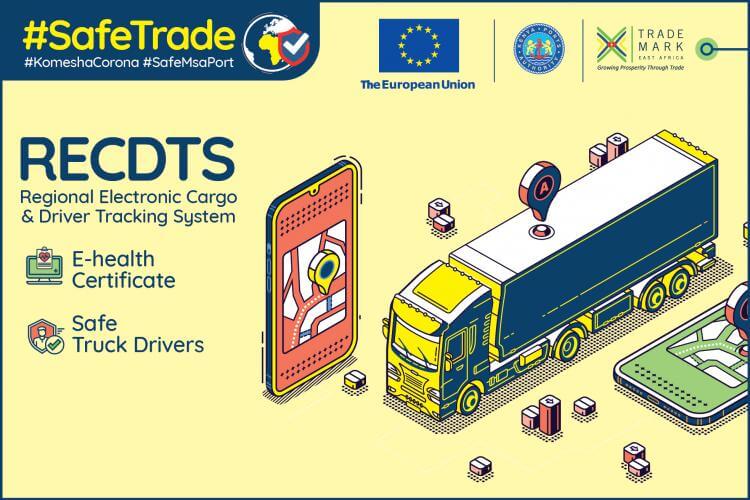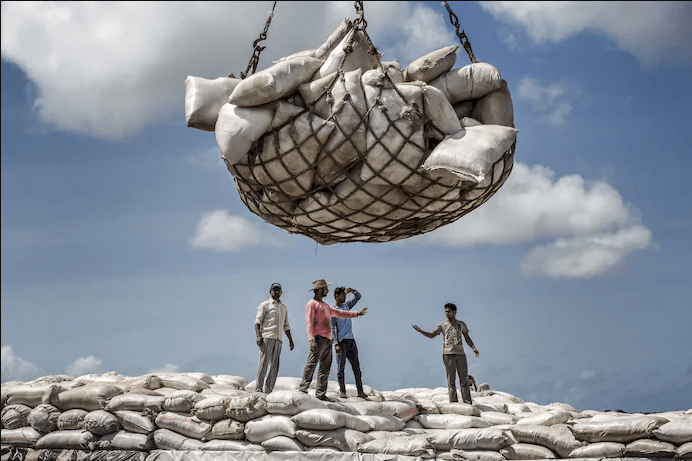Despite Africa’s informal sector employing more than 80 per cent of the workforce, it receives little or no attention when it comes to government’s policy plans implementation. This neglect leaves it exposed to the ravages of unavailable financing or expensive credit which slows down the achievement of the sector’s full potential in growing the various economies. While this is the general view, it gets even worse for women-owned enterprises which struggle from age-old patriarchal approaches to doing business as well as the delicate balancing act that women have to innately learn since they are the ones who also run their homes in many cases. But despite all these challenges, women in business have a big role to play in a post-covid-19 Africa and could significantly reduce the continent’s high dependence on imports of essential food, medical and pharmaceutical items. The UN Economic Commission for Africa’s Mama Keita who is the Director of ECA in Eastern Africa says, “As we are building back our economies after covid and are seeking to turn vulnerabilities into opportunities, let us recall that intra-Africa trade is still very low at less than 20 per cent and that women entrepreneurs have a big role to play in boosting this.” Speaking in a virtual meeting organized by the Office of the Special Envoy for the Great Lakes, Keita who presented the socio-economic effects of covid-19 in the Great Lakes Region emphasized how reduced economic activities stemming from lockdowns, curfew and disruption in international trade affected the region. She...
Funding women’s innovative projects revs Africa’s economy
Posted on: August 31, 2020
Posted on: August 31, 2020

